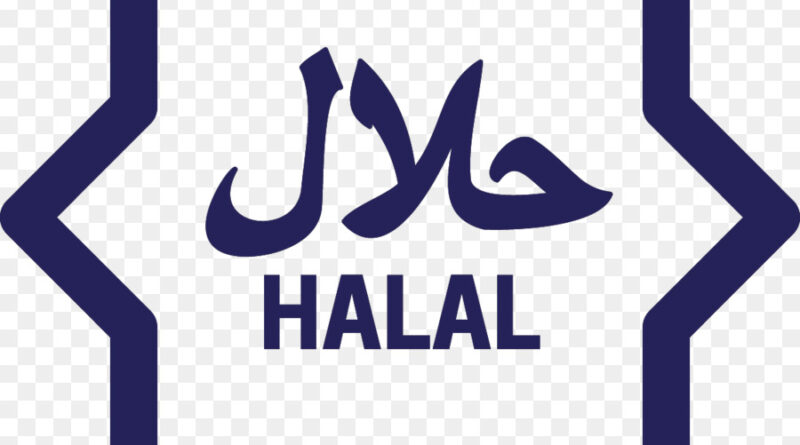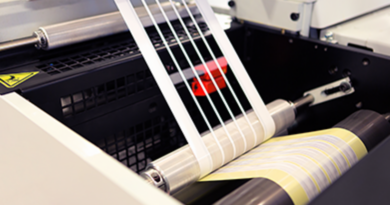Halal Certifications in the UK: A Complete Guide
Halal certifications play an important role in ensuring that products and services meet Islamic dietary and lifestyle requirements. In the UK, many businesses seek halal certification to cater to Muslim consumers. This article explores what Halal Certifications UK is, why it is important, and how businesses can obtain it.
What Is Halal Certification?
Halal certification is a process that confirms products or services comply with Islamic laws. The term “halal” means “permissible” in Arabic. It applies to food, drinks, cosmetics, and other goods that Muslims use. A certified product has been checked to ensure it meets strict guidelines.
Halal certification includes:
- Ensuring the product contains no prohibited ingredients, like pork or alcohol.
- Following Islamic slaughter methods for meat.
- Avoiding contamination with non-halal products during processing.
A halal certificate assures Muslim consumers that the product is safe for them to use.
Why Is Halal Certification Important in the UK?
The UK has a significant Muslim population, and halal products are in high demand. Halal certification is essential for the following reasons:
- Consumer Trust: Certification gives consumers confidence that products meet their religious requirements.
- Market Growth: Businesses with halal certification can reach a larger audience. The demand for halal products is growing globally, making it a valuable market.
- Clarity: Certification helps distinguish halal products from non-halal ones, especially in supermarkets and restaurants.
For Muslim consumers, halal certification is not just a preference; it is a necessity. Businesses that meet this need gain loyalty and trust.
Who Provides Halal Certification in the UK?
In the UK, several organisations offer halal certification. These groups inspect products and processes to ensure they meet halal standards. They provide certificates and allow businesses to display their logo, signalling to customers that the product is halal.
Some of the well-known halal certification bodies in the UK include:
- The Halal Monitoring Committee (HMC)
- The Halal Food Authority (HFA)
Each body may have slightly different requirements, but they all follow Islamic principles.
What Products Need Halal Certification?
Halal certification is most commonly associated with food and drinks, but it extends to many other items, such as:
- Meat and Poultry: Animals must be slaughtered according to Islamic guidelines.
- Packaged Foods: Processed foods must contain only halal ingredients.
- Beverages: Drinks should not contain alcohol or other forbidden substances.
- Cosmetics and Personal Care Products: Items like lipsticks and creams must be free from non-halal ingredients.
- Pharmaceuticals: Medicines must not include gelatin or alcohol from non-halal sources.
Halal certification also applies to services, such as catering and food delivery.
How Do Businesses Obtain Halal Certification?
The process for obtaining halal certification involves several steps:
- Application: The business contacts a halal certification body and submits an application.
- Inspection: The certification body inspects the business, including its ingredients, processes, and equipment.
- Approval: If the business meets all the requirements, it receives a halal certificate.
- Ongoing Checks: Many certification bodies carry out regular inspections to ensure continued compliance.
The process can take time, but it is worthwhile for businesses seeking to expand into the halal market.
Benefits of Halal Certification for Businesses
Halal certification offers many advantages to businesses:
- Increased Sales: Certified products attract Muslim customers, leading to higher sales.
- Global Reach: Halal certification opens doors to international markets, particularly in countries with large Muslim populations.
- Enhanced Reputation: Certification shows that a business values inclusivity and meets diverse consumer needs.
With the growing demand for halal products, businesses with certification gain a competitive edge.
Challenges in Halal Certification
While halal certification has many benefits, it also presents challenges:
- Costs: The certification process can be expensive, especially for small businesses.
- Complexity: Businesses must ensure every ingredient and process complies with halal guidelines.
- Confusion: With multiple certification bodies, businesses may struggle to choose the right one.
Despite these challenges, the benefits of certification often outweigh the difficulties.
Tips for Choosing a Halal Certification Body
If you are a business owner looking to obtain halal certification, consider these tips:
- Check Credibility: Ensure the certification body is well-recognised and respected in the market.
- Understand Requirements: Learn about the specific requirements of the body you choose.
- Ask for Guidance: Many certification bodies offer support to businesses during the process.
Choosing the right certification body ensures a smoother process and better consumer trust.
The Future of Halal Certification in the UK
As the halal market grows, more businesses in the UK are seeking certification. This trend reflects a growing awareness of consumer needs and a desire to be inclusive. Advances in technology, like blockchain, may make halal certification even more transparent in the future.
By understanding and embracing halal standards, businesses can not only cater to a key demographic but also promote trust and diversity.
For more information visit Website
Conclusion
Halal certification in the UK is essential for businesses looking to serve Muslim consumers. It ensures products meet Islamic standards, builds trust, and opens up opportunities in a growing market. While the process requires effort and investment, the benefits for both consumers and businesses are significant.




